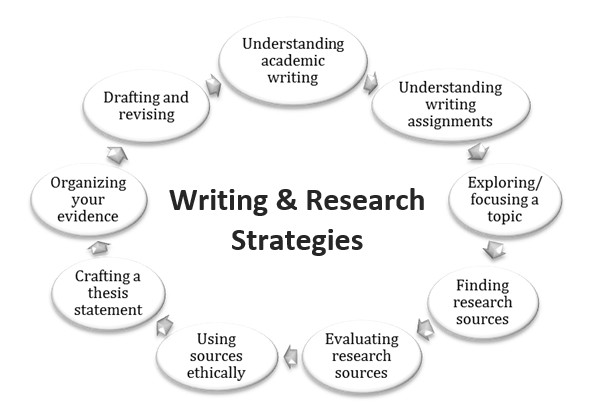Research is a critical component of academic assignments, shaping the quality and depth of your work. However, effective research requires strategy and organization. Here’s a guide to help you conduct thorough and effective research for your academic assignments.
1. Understand the Assignment
Before you begin researching, make sure you fully understand the assignment requirements. Identify the topic, scope, and specific questions you need to answer. This clarity will guide your research focus.
2. Start with Background Research
Begin with general sources to familiarize yourself with your topic. Use encyclopedias, textbooks, and reputable websites to gain an overview. This initial research helps you understand key concepts and terminology.
3. Develop a Research Question
Formulate a clear research question or thesis statement based on your initial findings. This question will direct your research efforts and keep you focused on relevant information.

4. Utilize Library Resources
Take advantage of your institution’s library resources. Use the library catalog to find books, journals, and academic papers related to your topic. Librarians can also provide assistance in locating and accessing materials.
5. Explore Online Databases
Access online databases like JSTOR, Google Scholar, or your institution’s academic databases. These platforms provide peer-reviewed articles, journals, and conference papers that offer credible and scholarly information.
6. Evaluate Sources Critically
Not all sources are created equal. Assess the credibility, relevance, and authority of your sources. Check the author’s qualifications, publication date, and the publisher’s reputation. Prioritize peer-reviewed and academic sources.
7. Take Organized Notes
As you gather information, take detailed notes. Organize your notes by themes or sections relevant to your research question. Use citation management tools like Zotero or EndNote to keep track of your sources and create bibliographies.
8. Keep Track of Your Sources
Maintain a comprehensive list of all the sources you consult. Use proper citation styles (APA, MLA, Chicago, etc.) as you go along, making it easier to compile your bibliography later and avoid plagiarism.
9. Refine Your Research Focus
As you delve deeper, you may find new angles or questions emerging. Be flexible and willing to refine your research question or focus based on the information you discover.
10. Review and Revise
Once you’ve gathered sufficient information, review your notes and sources. Identify any gaps in your research or areas that require further exploration. Revise your approach as needed to ensure thoroughness.
11. Prepare for Writing
When you’re ready to write, use your organized notes to construct an outline. This structure will help you present your findings logically and coherently, addressing your research question effectively.
Conclusion
Effective research is a skill that can greatly enhance the quality of your academic assignments. By following these steps, you can conduct thorough and organized research that supports your arguments and insights, leading to a more compelling final product.
